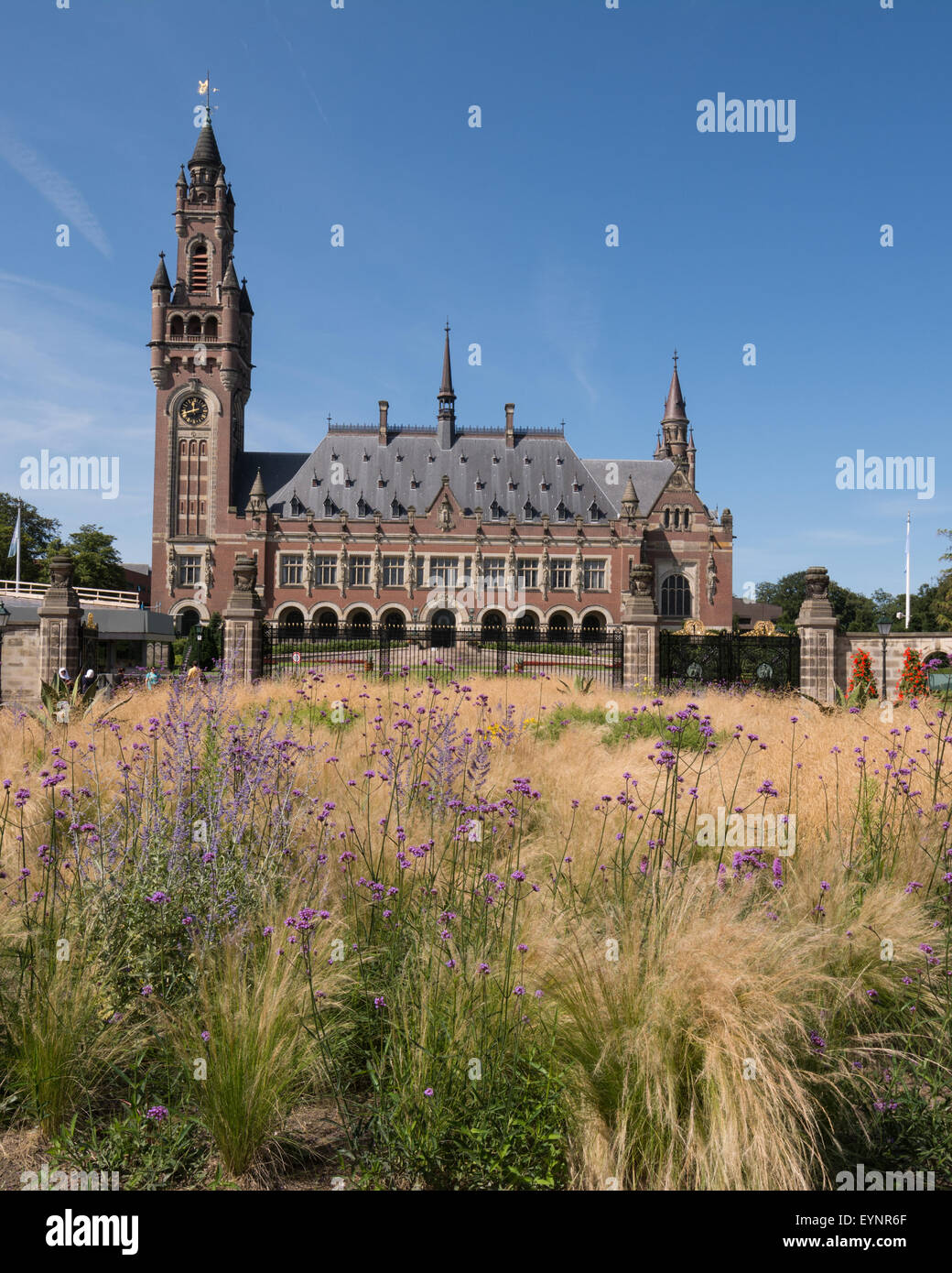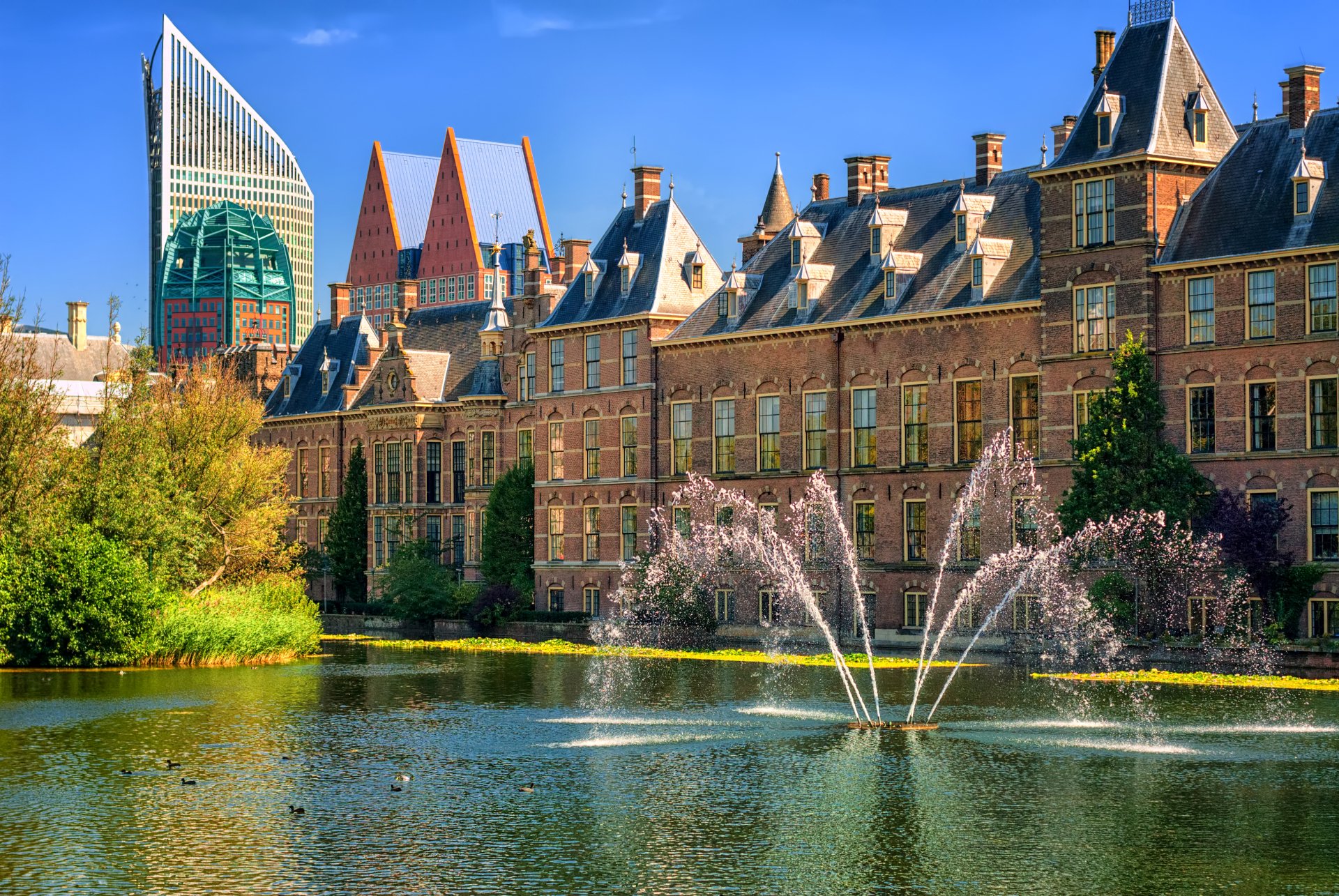What is The Hague: The International City Of Peace And Justice?
The following is a summary of the key points:
| Feature | Benefits |
|---|---|
| History and Background |
|
| International Organizations |
|
| Peace Conferences and Initiatives |
|
| International Law and Justice |
|
| Cultural and Educational Institutions |
|
The Hague: The International City Of Peace And Justice - Exploring its fascinating history, significant role in international law and conflict resolution, and contributions to global peace and justice.

Discover The Hague, International City Of Peace And Justice - Source theculturetrip.com
FAQ
This section addresses frequently asked questions (FAQs) about The Hague, The International City of Peace and Justice. Explore answers to common concerns and misconceptions to enhance understanding of this remarkable city.

Skyline Hague Modern Image & Photo (Free Trial) | Bigstock - Source www.bigstockphoto.com
Question 1: What is the significance of The Hague as an international city?
The Hague is renowned for hosting numerous international organizations, including the International Court of Justice, the International Criminal Court, and the Permanent Court of Arbitration. These institutions contribute to the city's reputation as a hub for international law,
Question 2: How does The Hague promote peace and justice?
The Hague serves as a platform for diplomatic negotiations, peace conferences, and international tribunals. Its commitment to peaceful resolution of conflicts and the pursuit of justice is reflected in the work of the organizations based in the city.
Question 3: What are the educational opportunities in The Hague?
The Hague is home to several prestigious universities and research institutions, including the Hague University of Applied Sciences and Leiden University. These institutions offer a wide range of academic programs, attracting students from around the world.
Question 4: How accessible is The Hague for international visitors?
The Hague is easily accessible via Amsterdam's Schiphol Airport, one of the busiest airports in Europe. The city also has excellent public transportation options, making it convenient for visitors to explore its attractions.
Question 5: What cultural experiences can visitors expect in The Hague?
The Hague offers a vibrant cultural scene, with numerous museums, theaters, and art galleries. Visitors can immerse themselves in Dutch history and culture at attractions like the Mauritshuis Museum and the Peace Palace.
Question 6: How can I learn more about The Hague?
For more comprehensive information, refer to The Hague: The International City Of Peace And Justice. This website provides detailed insights into the city's history, institutions, and cultural offerings.
In conclusion, The Hague stands as a testament to the pursuit of peace and justice on a global scale. Its unique role as a center for international cooperation and cultural exchange makes it a city of great significance and interest.
For further exploration, delve into the featured articles:
Tips

Vredespaleis/ Peace Palace, international law administrative building - Source www.alamy.com
The Hague, known as the International City of Peace and Justice, boasts a rich history in fostering dialogue, resolving conflicts, and promoting global understanding. To navigate this vibrant city effectively, here are several important tips to consider:
Tip 1: Respect Cultural Diversity
The Hague is home to people from over 170 nationalities. Embrace the cultural melting pot by respecting different languages, customs, and beliefs. Engage respectfully with locals, even if there are cultural differences.
Tip 2: Utilize Public Transportation
The city's excellent public transportation system connects all major attractions. Consider purchasing a public transport pass for unlimited travel on trams, buses, and metros. This cost-effective option allows you to explore the city efficiently.
Tip 3: Visit International Courts and Institutions
The Hague is the seat of several international courts and institutions, including the International Criminal Court and the International Court of Justice. Arrange guided tours or plan visits to witness firsthand the workings of these esteemed bodies.
Tip 4: Explore Peace Palace and Peace Museum
Visit the iconic Peace Palace, a symbol of international cooperation. Delve into the history of peacemaking at the Peace Museum, showcasing inspiring stories of conflict resolution and efforts towards a more peaceful world.
Tip 5: Attend Cultural Events and Festivals
The Hague hosts numerous cultural events and festivals throughout the year. Immerse yourself in the city's vibrant arts scene, attend concerts, or experience traditional Dutch festivals. These events offer unique opportunities to interact with locals and learn about Dutch culture.
Summary of Key Takeaways:
- Respect cultural diversity and engage respectfully with locals.
- Utilize public transportation for efficient city exploration.
- Visit international courts and institutions to witness justice in action.
- Explore Peace Palace and Peace Museum for insights into peacemaking.
- Attend cultural events and festivals to immerse yourself in the city's vibrant arts scene.
By embracing these tips, travelers can navigate The Hague effectively, fostering meaningful connections, and gaining a deeper understanding of its rich history and commitment to peace and justice.
The Hague: The International City Of Peace And Justice
The Hague is widely recognized as the global epicenter of international law, peace advocacy, and justice. The city is home to numerous prominent institutions and organizations, striving to uphold these principles, rendering it an embodiment of international cooperation for peace and justice.
- Seat of Justice: The Hague hosts the International Criminal Court (ICC) and the International Court of Justice (ICJ), responsible for prosecuting international crimes and resolving disputes between nations, respectively.
- Peace Advocacy Hub: The Hague is the headquarters of many peace-promoting organizations, such as the Peace Palace, which houses the Permanent Court of Arbitration, devoted to peaceful conflict resolution.
- Dispute Resolution Center: The Hague Convention on Private International Law provides a framework for resolving cross-border legal disputes, further establishing the city's role in international conflict resolution.
- War Crimes Tribunal: The International Criminal Tribunal for the former Yugoslavia (ICTY) and the International Criminal Tribunal for Rwanda (ICTR) were established in The Hague to prosecute war crimes and promote accountability.
- Humanitarian Law: The Hague Conventions of 1899 and 1907 set forth the principles of humanitarian law during armed conflicts, highlighting the city's longstanding commitment to peace and justice.
- Global Cooperation: The Hague regularly hosts international conferences and summits, bringing together world leaders to address global issues related to peace, justice, and human rights, fostering collaboration and understanding.
These aspects collectively demonstrate The Hague's dedication to fostering peace, upholding justice, and promoting international cooperation. The city's role as a neutral ground for diplomacy and conflict resolution has earned it the title of "The International City Of Peace And Justice." The presence of esteemed institutions and organizations, coupled with ongoing efforts to promote global dialogue and understanding, cements The Hague's standing as a beacon of hope for a more just and peaceful world.

Hague, Netherlands: Peace Palace, the International Court of Justice - Source www.dreamstime.com

The Peace Palace in The Hague which houses the International Court of - Source www.alamy.com
The Hague: The International City Of Peace And Justice
The Hague, officially known as 's-Gravenhage, has a long and rich history as a center for international law, peace, and justice. The city is home to a number of important international organizations, including the International Court of Justice (ICJ), the International Criminal Court (ICC), and the International Criminal Tribunal for the former Yugoslavia (ICTY). These organizations play a vital role in promoting peace and justice around the world, and their presence in The Hague has helped to make the city a symbol of international cooperation.

Lg G4 Photos : G4 Lg Deal Unlocked Shipping | Dozorisozo - Source dozorisozo.github.io
The Hague's commitment to peace and justice is also reflected in its many museums and memorials. The Peace Palace, built in 1913, is a symbol of the city's commitment to international cooperation. The Hague also has a number of memorials dedicated to victims of war and genocide, including the Anne Frank House and the Yad Vashem Holocaust Memorial.
The Hague's status as an international city of peace and justice is not only symbolic. The city's institutions and organizations play a vital role in promoting peace and justice around the world. The ICJ, for example, has ruled on some of the most important international disputes in history, including the case of Nicaragua v. United States (1986) and the case of the Genocide in Bosnia (2007). The ICC has prosecuted individuals for war crimes, crimes against humanity, and genocide, including former Liberian President Charles Taylor and former Congolese warlord Thomas Lubanga Dyilo.
The Hague's commitment to peace and justice is an important example for the world. The city shows that it is possible to create a more peaceful and just world through international cooperation.
| Organization | Role |
|---|---|
| International Court of Justice | Settles disputes between nations |
| International Criminal Court | Prosecute individuals for war crimes, crimes against humanity, and genocide |
| International Criminal Tribunal for the former Yugoslavia | Prosecute individuals for war crimes, crimes against humanity, and genocide committed during the Bosnian War |
| Peace Palace | Symbol of the city's commitment to international cooperation |
| Anne Frank House | Museum dedicated to the life of Anne Frank, a young Jewish girl who died in the Holocaust |
| Yad Vashem Holocaust Memorial | Memorial to the victims of the Holocaust |
Conclusion
The Hague's commitment to peace and justice is an important example for the world. The city shows that it is possible to create a more peaceful and just world through international cooperation. The city's institutions and organizations play a vital role in promoting peace and justice around the world, and their presence in The Hague has helped to make the city a symbol of hope for a better future.
The Hague's commitment to peace and justice is a reminder that we all have a responsibility to work for a more peaceful and just world. We can all make a difference, and by working together, we can create a better world for ourselves and future generations.
